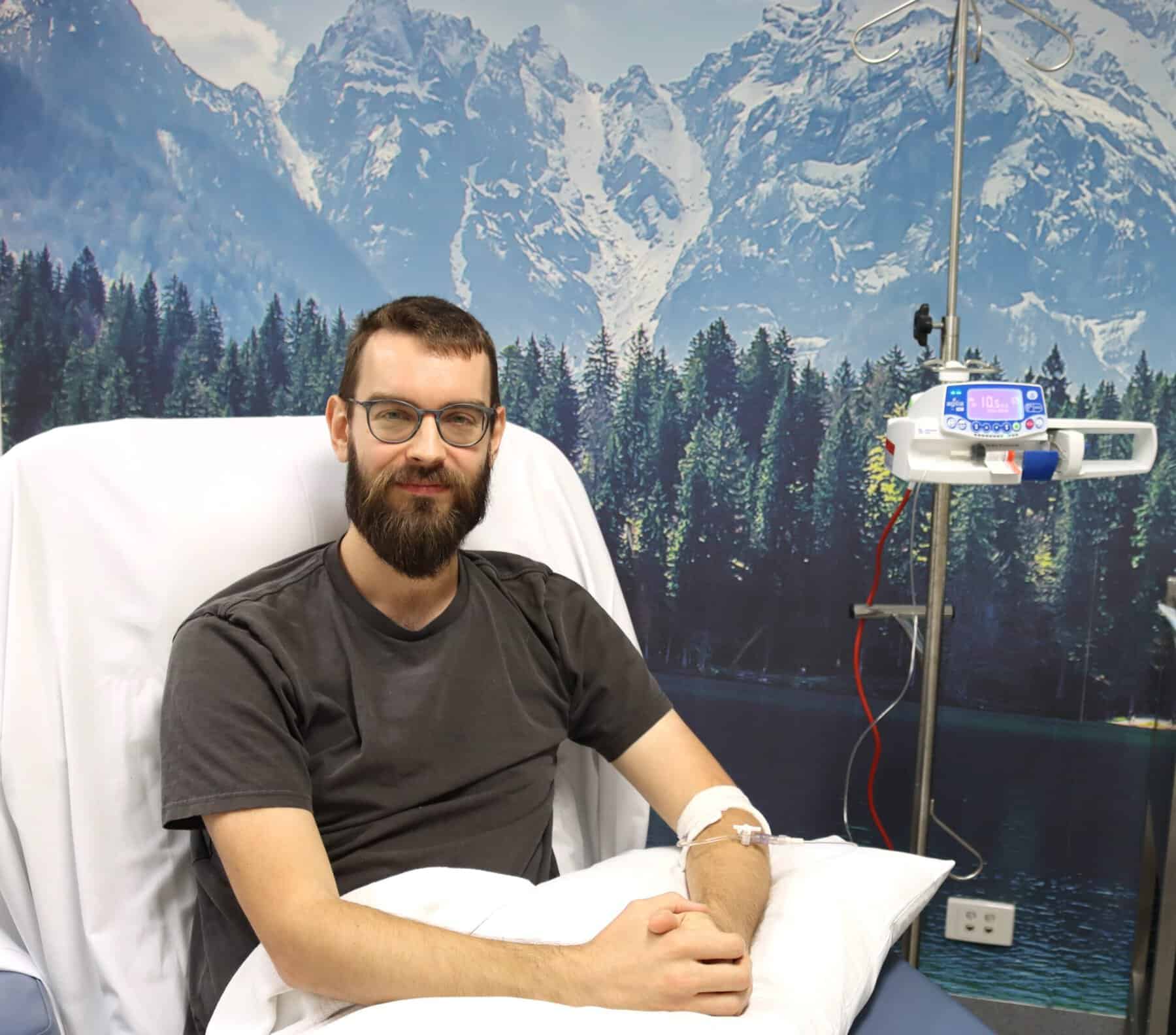Cancer
Pancreatic Cancer
This study aims to establish a useful imaging tracer for pancreatic cancer patients.
Research Objectives
Status
Recruitment
Patient Group
Study location
Study type
Lead investigator
- A/Prof David Wong
Experienced investigator
- Dr Sepinoud Firouzmand
About this research project
Pancreatic cancer is a very aggressive cancer, often associated with poor prognosis usually due to patients being diagnosed when the disease is advanced. Cancer staging / re-staging is the process of determining how much cancer is in the body and where it’s located. This process is critical in ensuring patients receive the most appropriate treatment for their cancer. This is done by a variety of methods including using a tracer in PET / CT imaging. However pancreatic cancer is notoriously difficult to image using this method. At this time there is no alternative tracer for sensitive and specific imaging of pancreatic cancer. This study aims to establish a useful imaging tracer for pancreatic cancer patients. This will mean these patients will have an effective imaging option which will better inform their treatment planning, compared to current standard care.
Findings
The key finding of this study was that the imaging tracer demonstrated increased uptake in both primary pancreatic cancer lesions and metastatic lesions. More studies involving larger populations are now required to provide additional evidence on the efficacy and accuracy of this new tracer. To date, these results indicate a promising step toward enhancing our understanding and potentially improving diagnostic practices in pancreatic cancer.
Latest News

From diagnosis to clinical trials: Aidan’s Coeliac Disease journey

Going Gluten Free – Pratical Tips for Coeliac Disease Management
